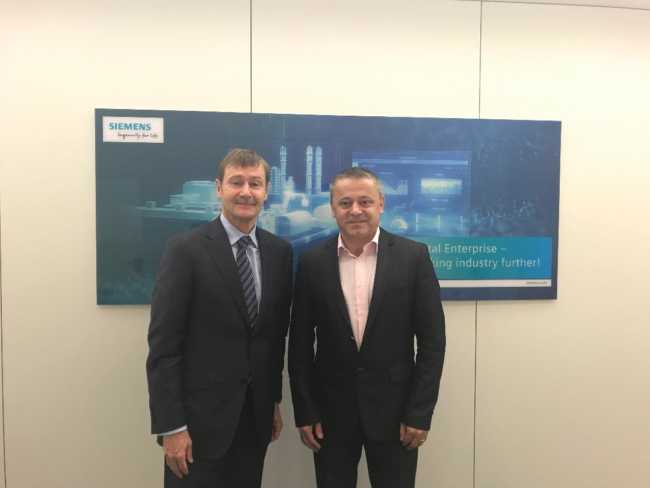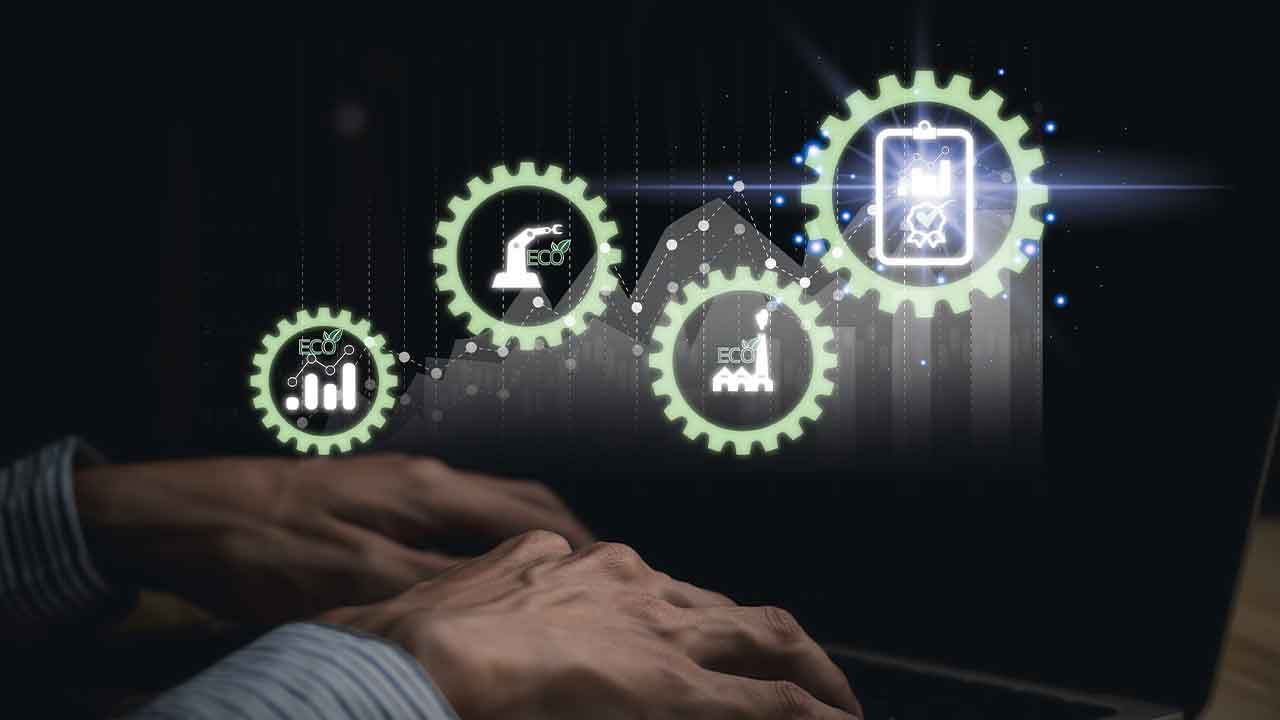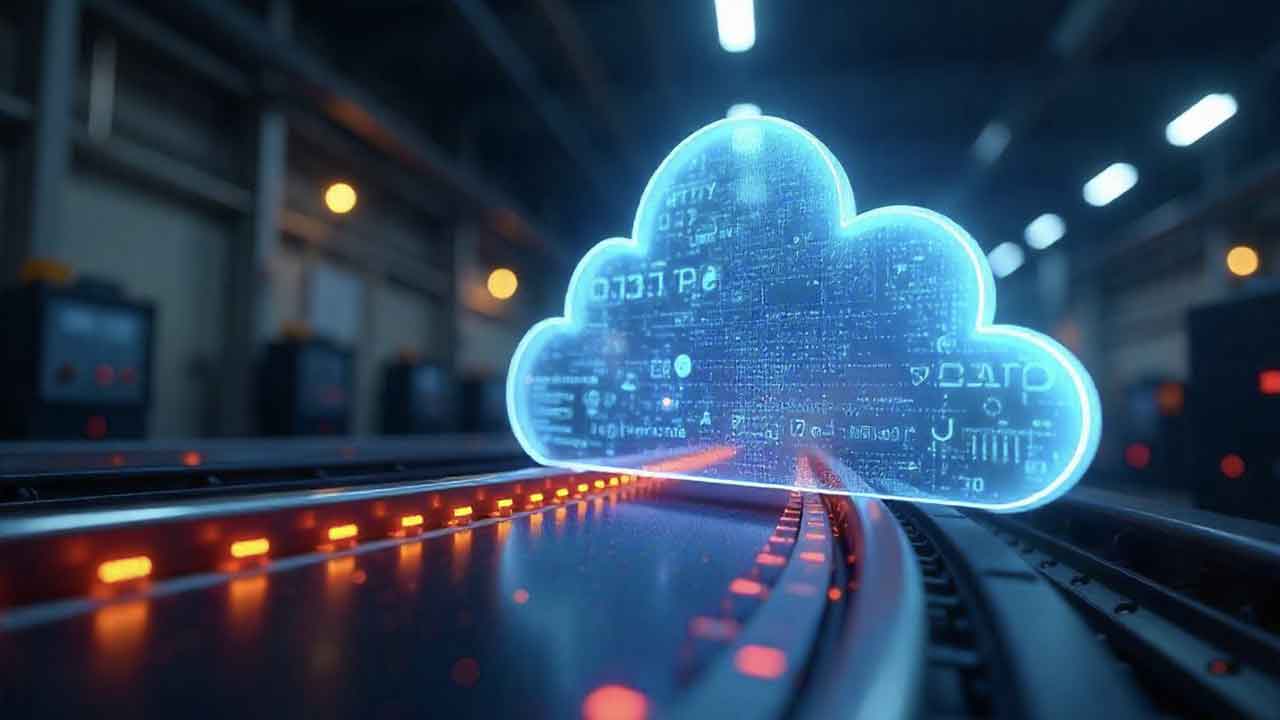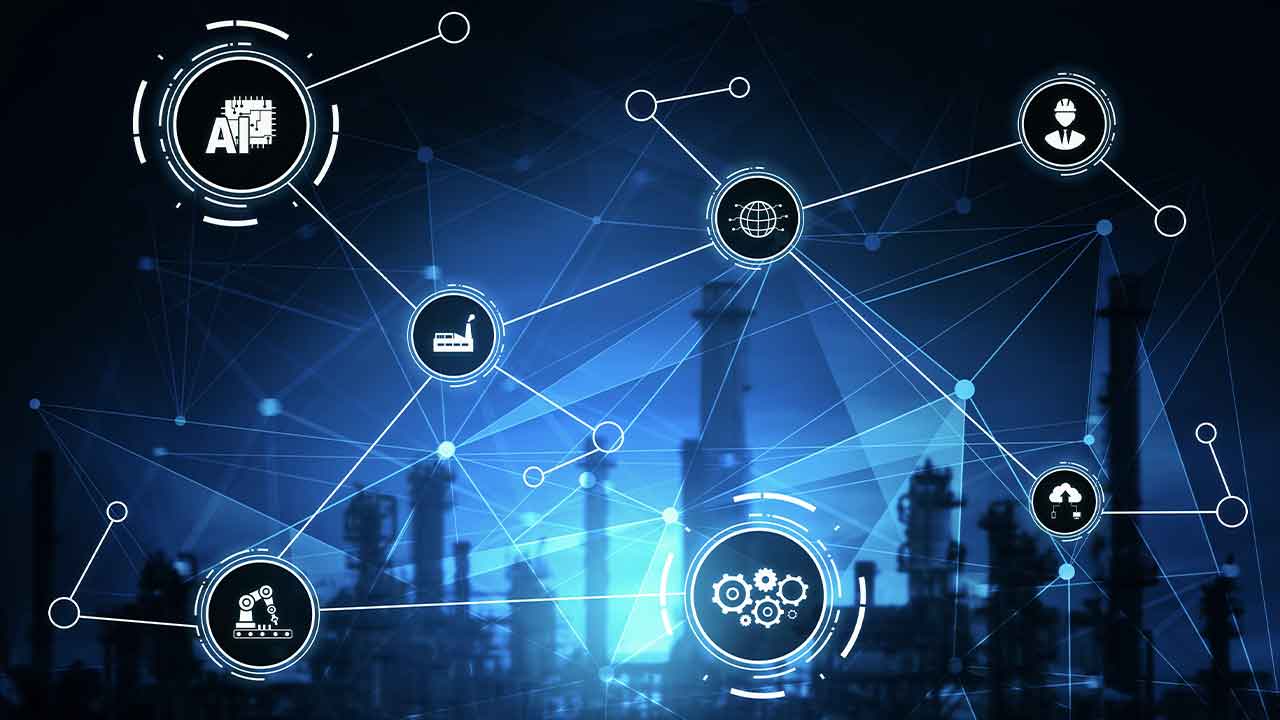Siemens Board Level Perspectives on IIoT & Blockchain
Recently, Lucian Fogoros, Co-founder and Managing Director of IIoT World, interviewed Klaus Helmrich, Member of the Managing Board of Siemens AG and CEO Digital Industries. Some of the questions we asked were crowdsourced.
Lucian Fogoros: Industry 4.0 is today mostly about customization of products – how does Siemens see customization opportunities in Industry 4.0 without a decrease in productivity?
Klaus Helmrich: One of the driving forces behind Industry 4.0 comes from the customers and the demand for new or individual products to be created/delivered faster. For example, if we speak about cosmetics industry: One day after celebrity wears a certain lipstick, this lipstick is sold out in all stores and online shops, and the manufacturer needs to produce faster than in the past to stay competitive. This means that companies in discrete and process industries must significantly increase flexibility and productivity in manufacturing processes. It is only possible with flexible automation solutions enhanced by digital solutions.
In our Digital Enterprise portfolio, we offer a comprehensive set of end-to-end solutions. This enables us to link virtual and real world; generate digital twin of product, production, and performance for simulation and optimization, closing the loop of data between virtual and real world to optimize design, planning and manufacturing processes.
As nowadays data can be used in a more sophisticated way: through Industrial Edge, Artificial Intelligence or Industrial 5G, optimization together with new cutting-edge technologies leads to higher flexibility and productivity.
Lucian Fogoros: How do you see the convergence of Operations and IT in support of the Digital Twin initiative?
Klaus Helmrich: Integration of cutting-edge technology in our Digital Enterprise portfolio leads to the growing convergence of OT and IT. We will be able to link data from operations to data from the area of IT technology, e. g. data from design, engineering, and production to data from purchasing or customer management. This leads to a closed loop, helping companies to gear their planning processes more precisely to the needs of production. At the same time, data and processes from IT (e. g. data analytics processes) will help to optimize all operational processes.
Lucian Fogoros: How do companies estimate the ROI for a Digital Twin? Could you give us some examples?
Klaus Helmrich: Today, our customers generate clear benefits by using the digital twin and solutions from our Digital Enterprise portfolio.
-
- Development of products, machines, and plants by up to 30% faster
- Engineering faster by up to 30%
- Commissioning shorter by up to 85%
- Efficiency and output in production higher by up to 25 %
- Example aerospace: more rapid product development (15%) through simulation of product and performance
- Example chemicals: Production of color batches of 100 ltrs instead of >5,000 ltrs, e. g. for seasonal products.
Lucian Fogoros: How do you use blockchain technology today and why are you using this technology?
Klaus Helmrich: Blockchain has significant potential for industry – e. g. in traceability of products and data security. Blockchain technology is a way to save and use information from a whole network of users in an open virtual space. Users can access all transactions parallelly and in real-time.
Here is an example of the F&B industry: in the supply chain of food, all information about an item of food is saved and monitored digitally, e. g. details about farm location, charge number, process data, factory information, storage temperatures, logistics details, etc. All this data helps to make sure that the food item is original and safe. At each step of the supply chain, a secure gateway is positioned and connected to IoT, PLC or MES, as needed. [Secure Gateways process, validate, encrypt and publish transactions.] At this moment, all the relevant information is available to the consumers via MindSphere apps.
More about Industry 4.0’s impact on the Food & Beverage industry
More information about how Siemens is using blockchain technology in the F&B industry – in this interview with Ralf Michael Wagner, COO MindSphere.



